“House to Highway: Reclaiming a Community History,” a new exhibition at the Library of Virginia, charts the transformation of Jackson Ward, among the most storied Black neighborhoods in the United States. The exhibit focuses on the Skipwith-Roper family, the first Black homeowners in the area, and how their house and neighborhood transformed from 1767 through the urban renewal projects of the 1950s.
Long a center of commerce and culture, Jackson Ward has been home to prominent figures such as John Mitchell Jr. (the editor of the Richmond Planet), Bill Bojangles Robinson (a famous actor and tap dancer), and Maggie L. Walker (the first woman in the US to found a bank). Jackson Ward remains a center for Black business, art, and history in the region, hosting institutions like the Hippodrome Theater and the Black History Museum and Cultural Center of Virginia. “House to Highway” sheds light on the development of this lively and complex neighborhood, particularly as its population, wealth, and importance boomed after the Civil War and into the early 20th century.
In the 1950s, Jackson Ward was targeted by city and regional officials for urban renewal. The construction of the Gilpin Court housing projects and the Richmond-Petersburg Turnpike destroyed and displaced thousands of homes and businesses, and has left a deep scar in the neighborhood that persists to this day. As the exhibition makes clear, the destruction of large parts of Jackson Ward was justified in explicitly racist terms by the city’s white power structure. The exhibition uses maps, photographs, documents, and historical artifacts to illustrate these narratives. Portraits of notable Jackson Ward residents by artist Barry O’Keefe are also included.
Curated by Library of Virginia staff in collaboration with the JXN project, a local non-profit dedicated to the history of Jackson Ward, the exhibition is a thoughtful contribution to Richmond’s ongoing project of understanding and redressing historical wounds. It is also the beginning of a larger effort to reconstruct the Skipwith-Roper Cottage, the original home of Abraham Peyton Skipwith. For Sesha Joi Moon, a JXN project co-founder and one of the show’s curators, “Skipwith’s life, liberty, lineage, and legacy as the first known Black homeowner in Jackson Ward” is a lens through which to see the wider Black American experience.
“House to Highway” is open on the Library of Virginia’s first floor galleries through February 28th, 2026.
Don O’Keefe
Link: “House to Highway” exhibit at the Library of Virginia.
Acknowledgements: Thank you to Dr. Sesha Joi Moon for assistance with this article.

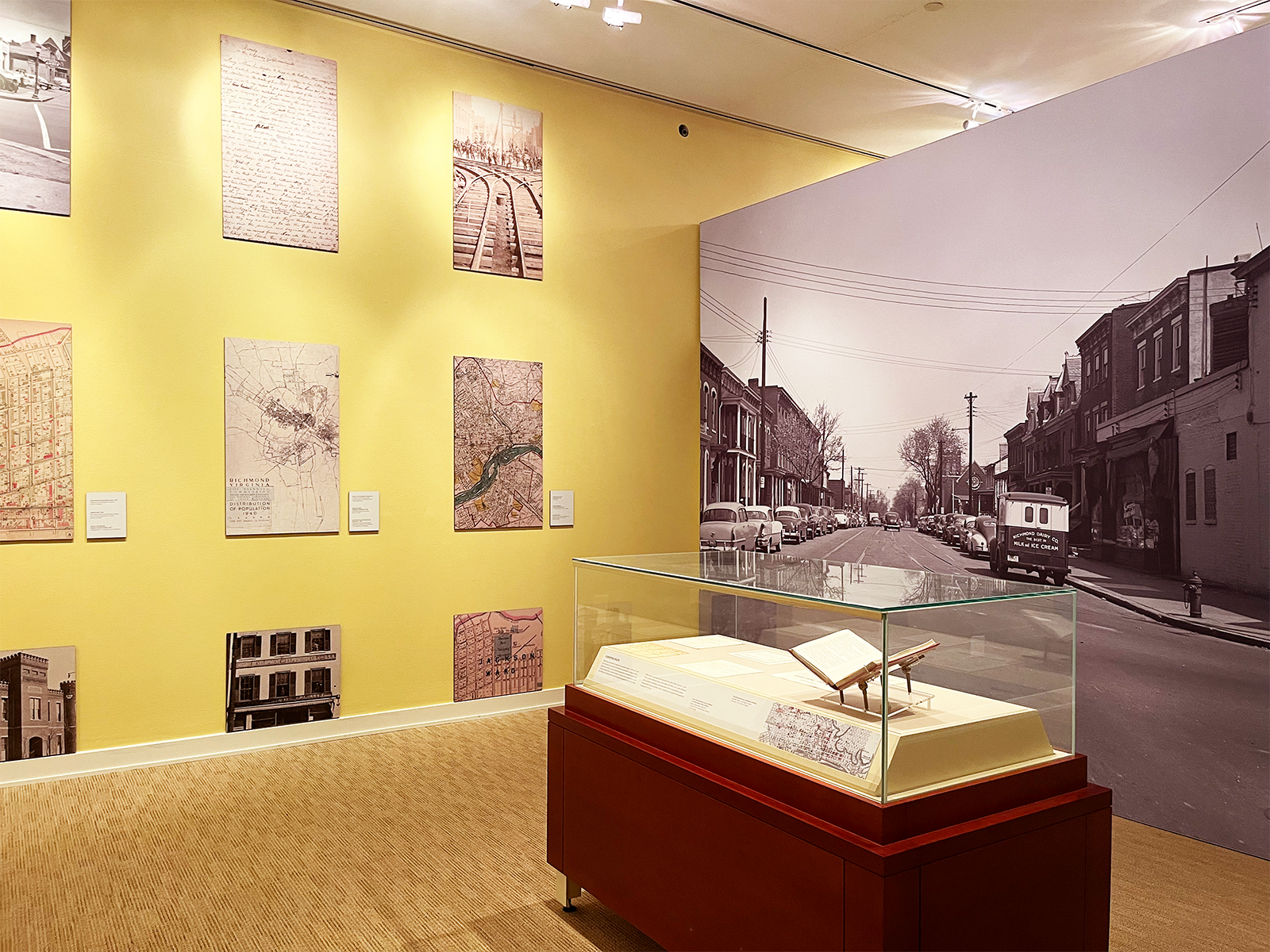
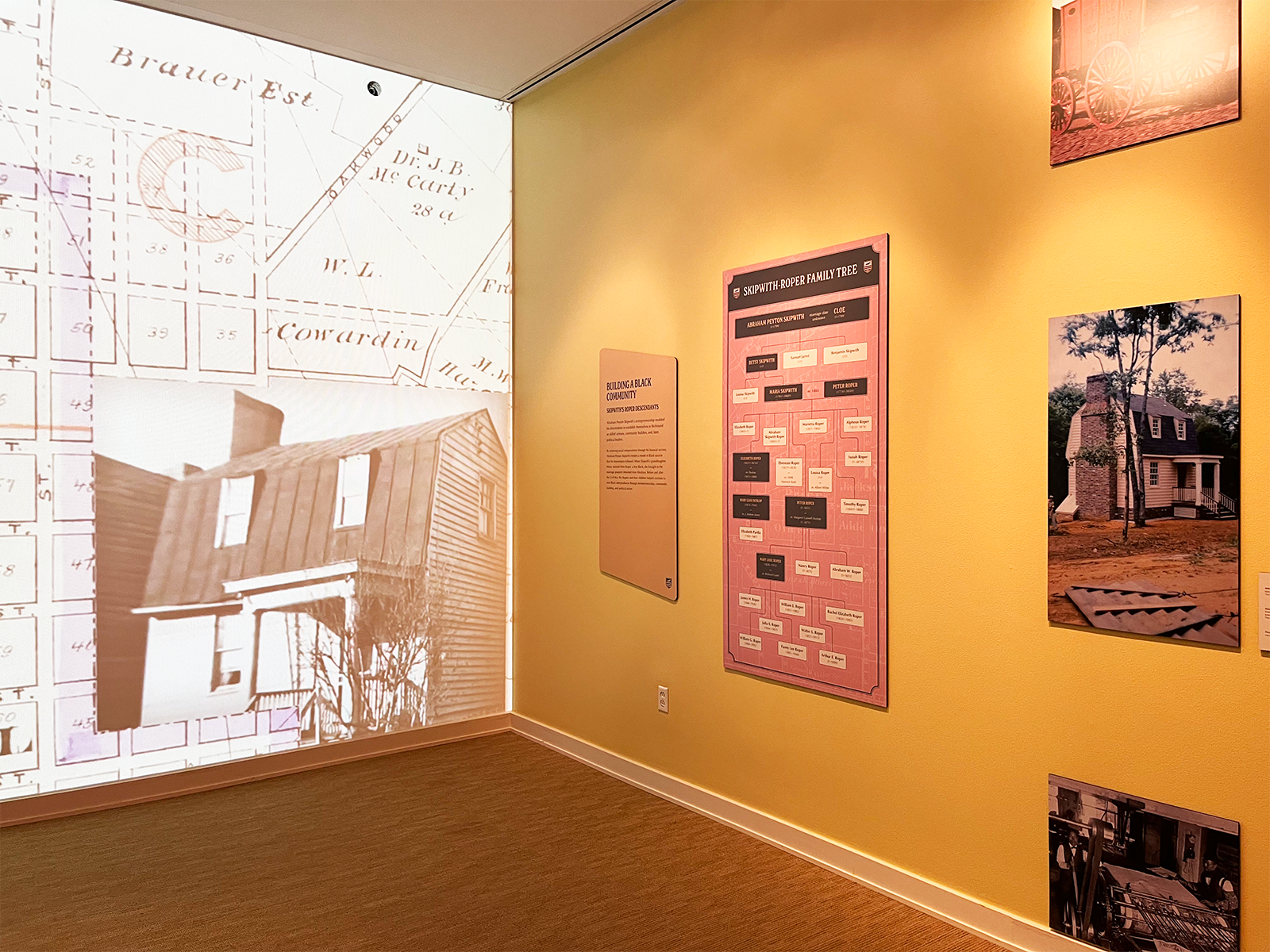
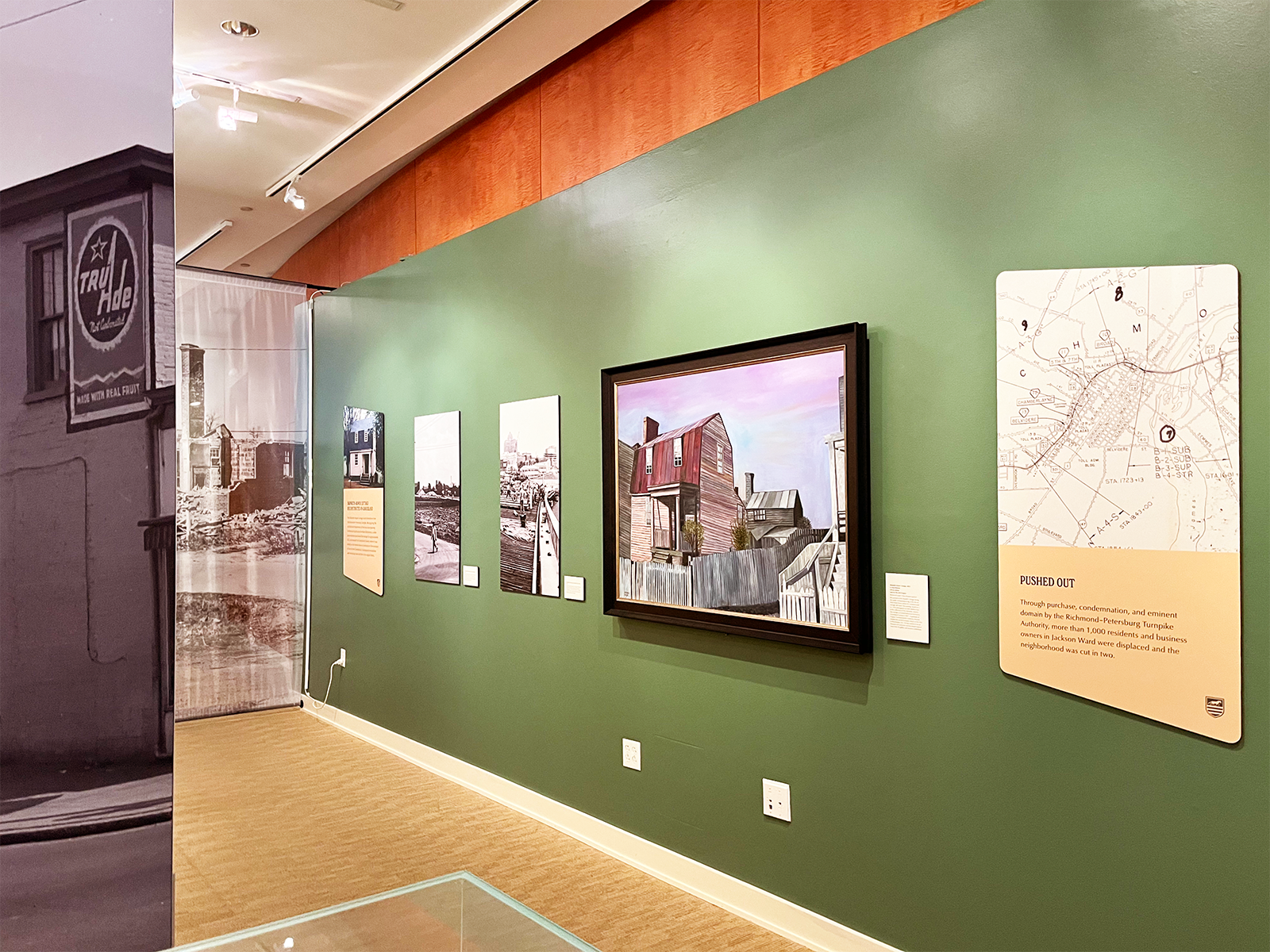
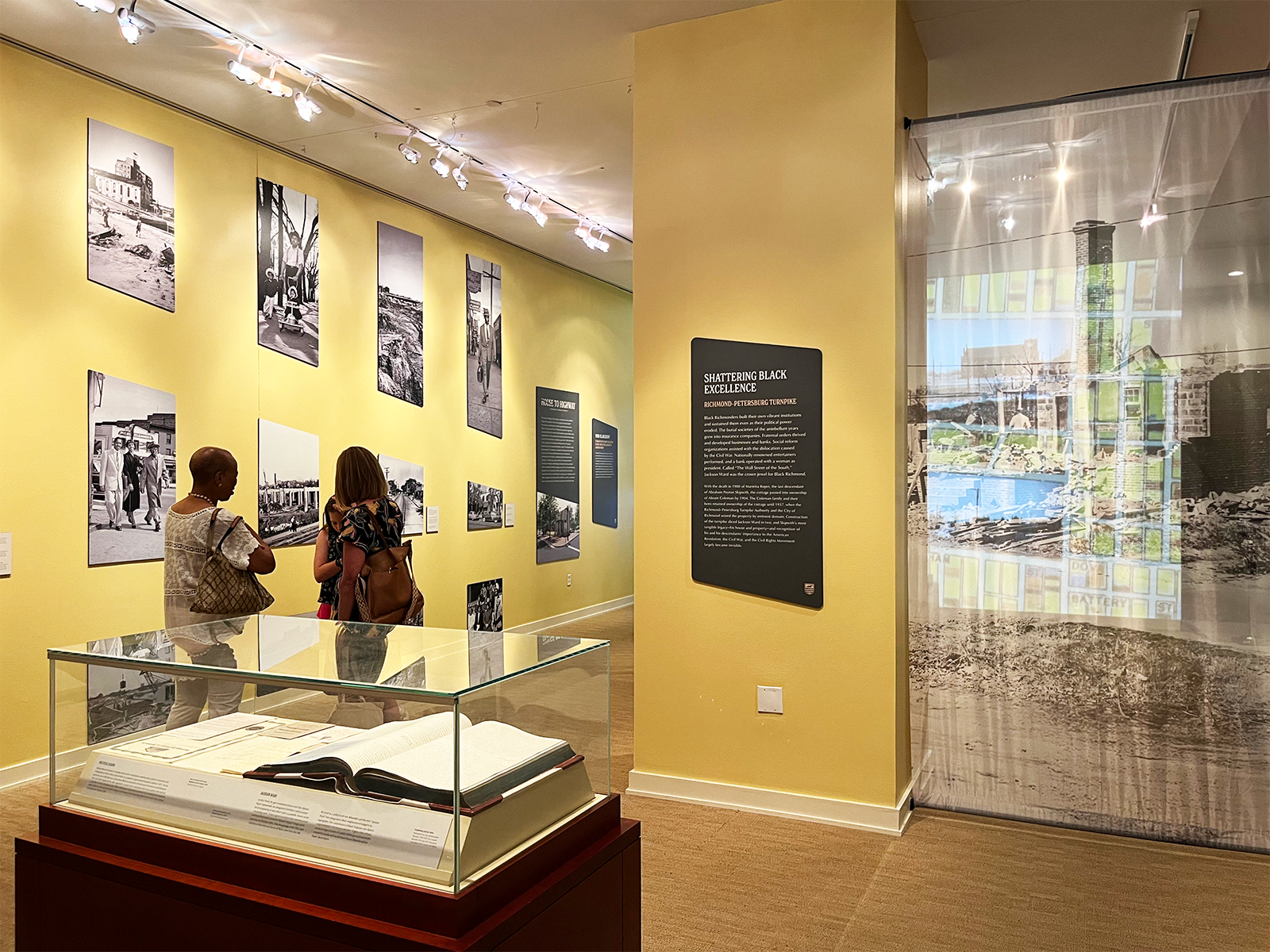
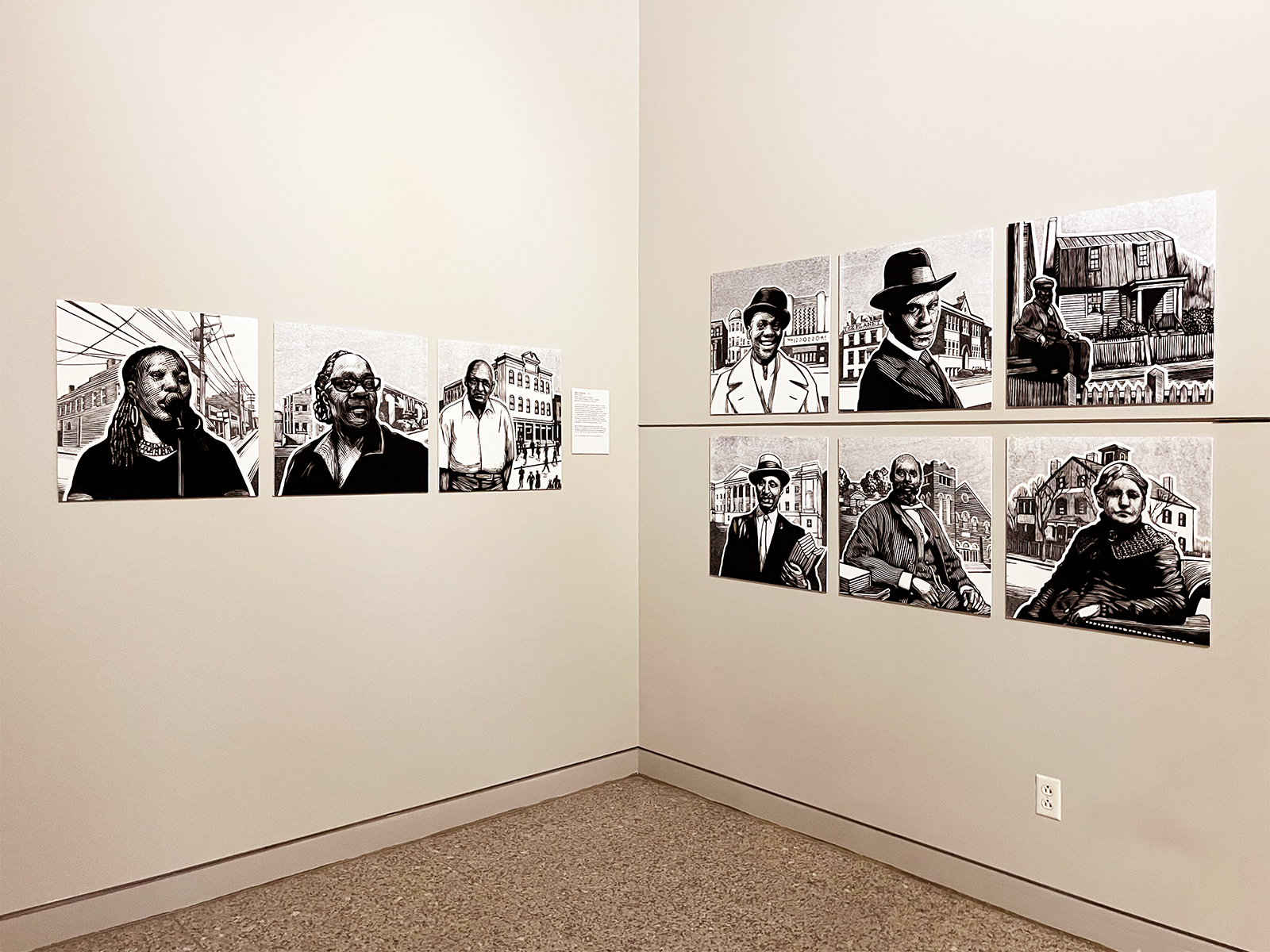
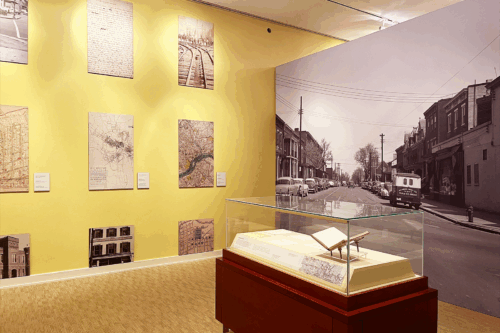
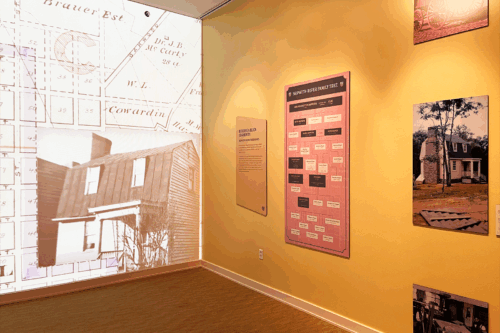
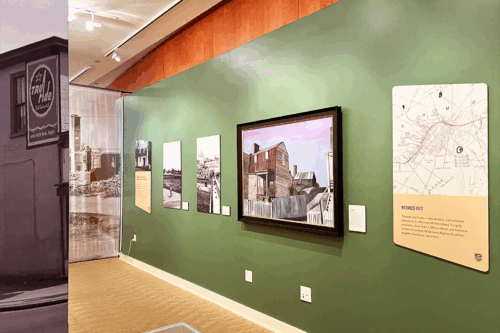
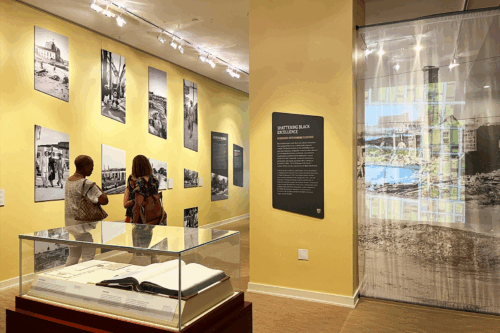
Write a Comment